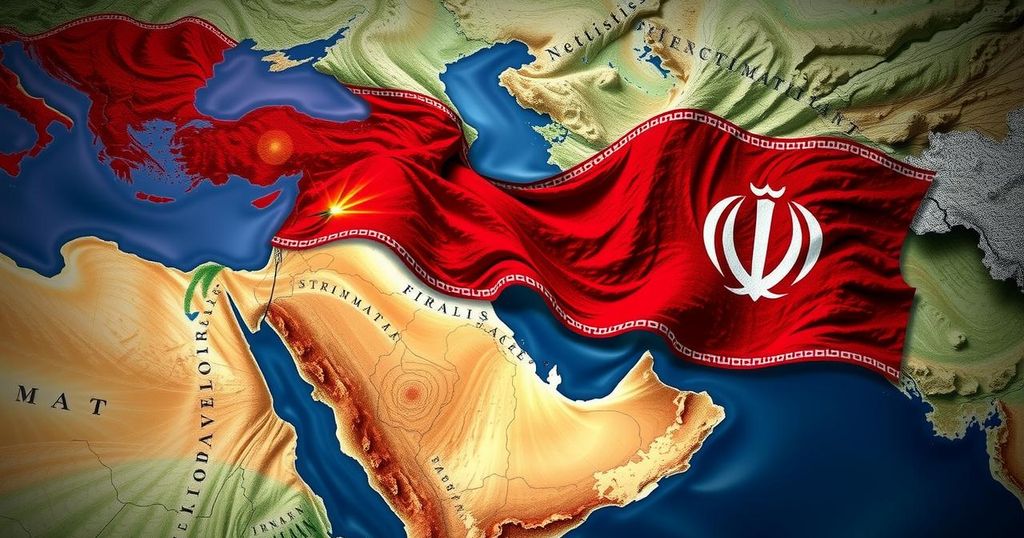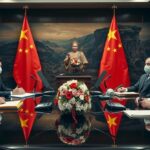Politics
ASIA, ASS, ASSAD, BILATERAL COOPERATION, BILATERAL RELATIONS, COOPERATION, DIPLOMATIC EFFORTS, EUROPE/ASIA, FAN HONGDA, FOREIGN MINISTRY, HAMAS, HEZBOLLAH, IRAN, ISRAEL, JOE BIDEN, MIDDLE EAST STUDIES INSTITUTE, NUCLEAR AGREEMENT, RUSSIA, SHANGHAI INTERNATIONAL STUDIES UNIVERSITY, STUDIES INSTITUTE, SYRIA, TRUMP, US
Clara Montgomery
China’s Diplomatic Influence in the Middle East Under Threat Amid Rising Tensions
China’s diplomatic influence in the Middle East is increasingly threatened by rising tensions around Iran. With U.S. pressures and regional instability, Iran may turn to closer ties with China and Russia, complicating China’s role as a mediator.
The increasing geopolitical tensions surrounding Iran pose a significant challenge to China’s diplomatic influence in the Middle East. As the Biden administration continues to apply economic and political pressure on Tehran, the recent agreements have provided Iran with a potential pathway to mitigate its isolation, largely facilitated by Beijing.
However, the complexity of the regional dynamics, particularly with the threats from Israel and the potential for a more assertive United States under a second Trump administration, may compel Iran to seek stronger alliances with other nations, including both China and Russia. This evolving situation is likely to force China to reevaluate its diplomatic strategy in the region to maintain its role as a mediator amidst growing instability.
China’s involvement in the Middle East has increasingly centered around its alliance with Iran. As the region grapples with instability, especially following shifts in U.S. policy and the effects of the Syrian civil war, China’s ability to operate effectively as a mediator faces challenges. The administration under President Biden seeks to counter Iranian influence, instituting measures that contribute to Tehran’s isolation. This backdrop underscores the fragile diplomatic landscape within which China must navigate.
In summary, the current geopolitical climate poses substantial risks to China’s diplomatic standing in the Middle East, particularly concerning its relationship with Iran. The pressures from regional adversaries and shifts in global power dynamics necessitate a reassessment of China’s strategies. As Iran seeks new alliances in response to external threats, Beijing must adapt to maintain its influence and mediating role within the region.
Original Source: www.scmp.com








Post Comment